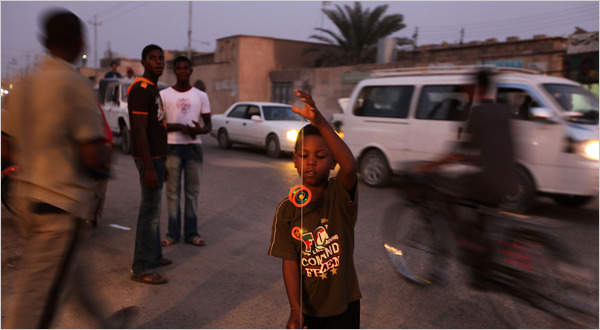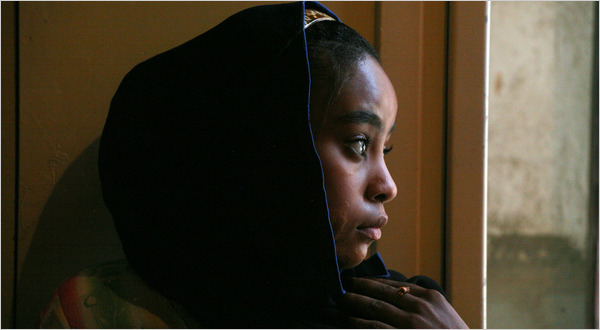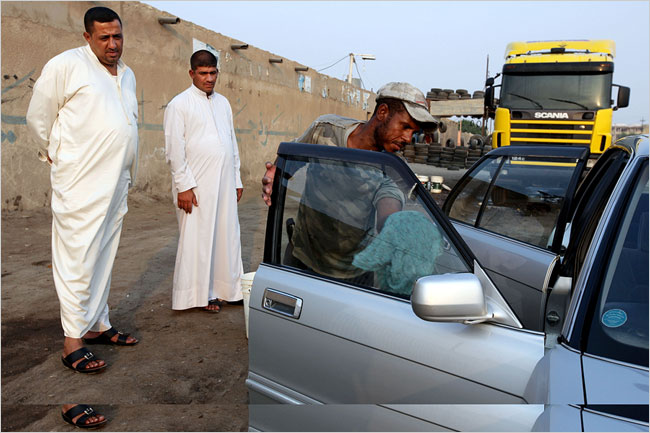| Want to send this page or a link to a friend? Click on mail at the top of this window. |
More Special Reports |
| Posted December 3, 2009 |
| International |
| In Iraq's African Enclave, Color Is Plainly Seen |
 |
|
PHOTOGRAPHS BY JOAO SILVA FOR THE NEW YORK TIMES |
| A boy played in Zubayr, a scaled-down version of Harlem, in the southern city of Basra. There are about 1.2 million African-Iraquis. |
|
By TIMOTHY WILLIAMS |
|
____________ |
|
|
|
|
| After 1,400 years, a campaign begins for minority recognition. | |
|
____________ |
 |
| Amani Hamid, 16, left school because her family could not afford the bus fare. African-Iraquis are denied even menial jobs. |
 |
| Washing cars is the only source of income for many African-Iraqi boys and men, they said, because no one will hire them |
| Wehaitians.com, the scholarly journal of democracy and human rights |
| More from wehaitians.com |